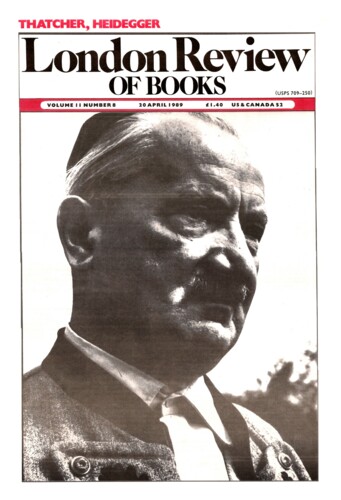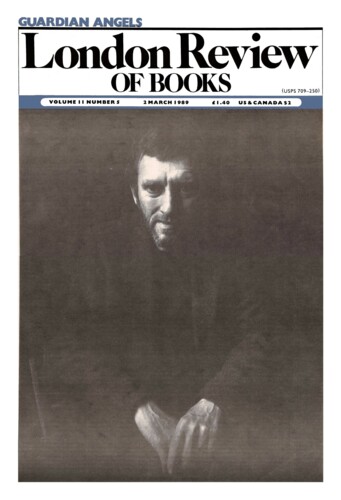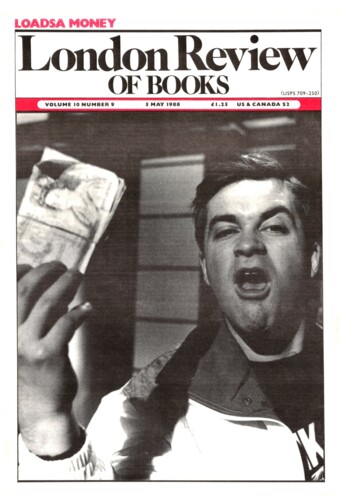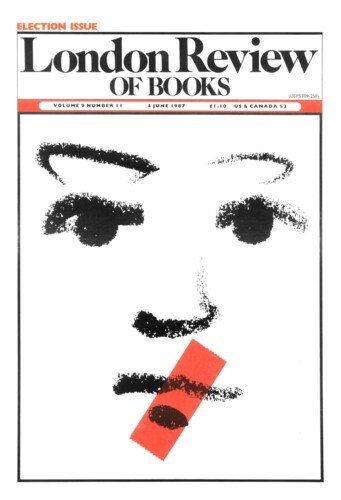Six Poems
Seamus Heaney, 26 October 1989
When you sat, far-eyed and cold, in the basalt throne Of ‘the wishing chair’ at Giant’s Causeway, The small of your back made sense of the firmament.
Like a papoose at sap-time strapped to a maple-tree, You gathered force out of the world-tree’s hardness. If you stretched your hand forth, things might turn to stone.
But you were only goose-fleshed skin and bone, The...





